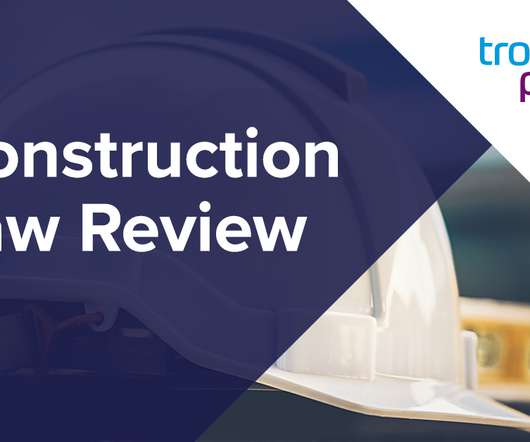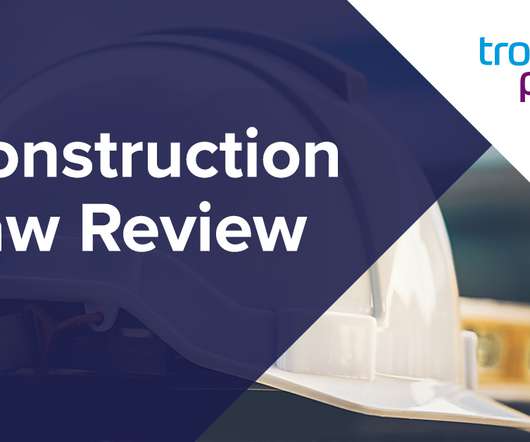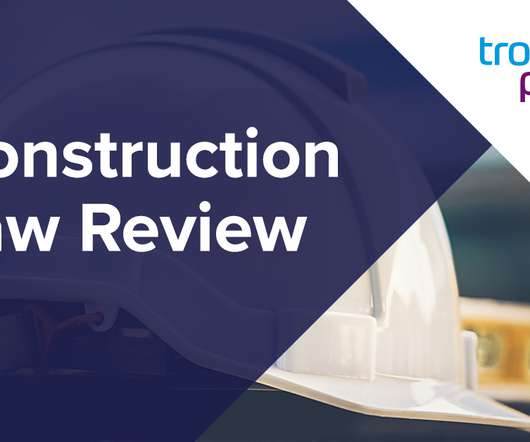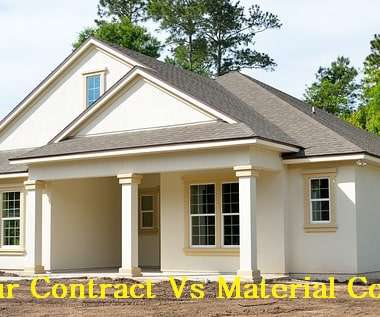Fraud as an Exception to the Economic Loss Doctrine: Changing Trends in Colorado and Tennessee
Constructlaw
JUNE 17, 2022
Most frequently, the Economic Loss Doctrine bars negligence claims. Its outer bounds begin with intentional torts, and most jurisdictions do not apply the Economic Loss Doctrine to fraud claims. Economic losses flowing from fraud related to such a contract are not recoverable.




















Let's personalize your content